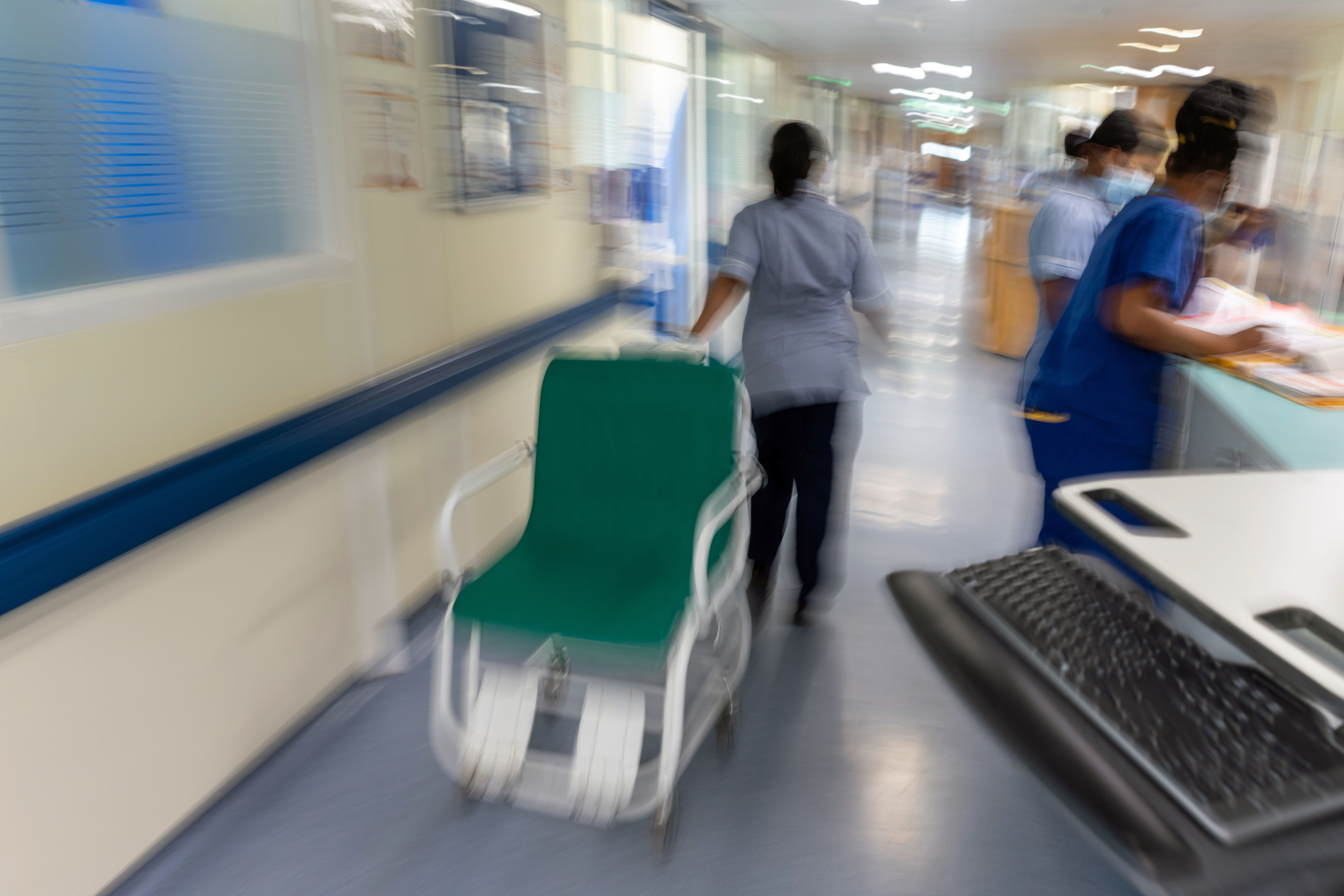AI could be used to detect heart failure risk, study finds
University of Dundee researchers hope their findings could lead to benefits for patients around the world.

Your support helps us to tell the story
From reproductive rights to climate change to Big Tech, The Independent is on the ground when the story is developing. Whether it's investigating the financials of Elon Musk's pro-Trump PAC or producing our latest documentary, 'The A Word', which shines a light on the American women fighting for reproductive rights, we know how important it is to parse out the facts from the messaging.
At such a critical moment in US history, we need reporters on the ground. Your donation allows us to keep sending journalists to speak to both sides of the story.
The Independent is trusted by Americans across the entire political spectrum. And unlike many other quality news outlets, we choose not to lock Americans out of our reporting and analysis with paywalls. We believe quality journalism should be available to everyone, paid for by those who can afford it.
Your support makes all the difference.Artificial intelligence could be used to help detect people living with the risk of experiencing heart failure, according to a study.
Researchers at the University of Dundee’s School of Medicine used artificial intelligence (AI) to scan images of the heart to identify patients with heart failure from population based electronic health records and echocardiography heart scans.
AI deep learning was then used to examine echocardiographic images to identify anomalies that could increase a patient’s risk.
Experts used data made available by patients voluntarily through the Scottish Health Research Register and Biobank (SHARE), which provides researchers with volunteers, samples, health data and genomic information for clinical trials.
The process began with a dataset of 15,000 patient records which was narrowed down to a cohort of 578 patients.
Hopefully this paves the way for other researchers to utilise this technology to benefit patients around the world
Professor Chim Lang said: “Our research represents an advancement in the utilisation of deep learning to automatically interpret echocardiographic images. This can allow us to streamline the identification of patients with heart failure at scale within electronic health record datasets.
“Echocardiography heart scans that were enhanced by the AI software helped to provide more measurements – or parameters – of heart structure and function that can be used to help diagnose heart failure.
“These measurements were not routinely reported by the usual heart scans from the electronic health records.
“When compared to reports generated by routine heart scans, those enhanced by AI were more detailed and could also be processed at a larger scale than conventional images.
“This has potential clinical and research implications as it could enhance the efficiency and speed of patient selection for pragmatic clinical trials, as well as improving heart failure surveillance and early diagnosis across hospital systems.”
Experts said heart failure is a highly prevalent but under-diagnosed condition that means the heart is unable to pump blood around the body effectively.
While symptoms can be controlled to some extent through lifestyle changes, surgery and medication, in most instances it is a serious, long-term condition that gets progressively worse over time.
Prof Lang said the latest research is “an example of how AI has the potential to provide real-world benefits to patients”.
He said: “By assessing vast amounts of patient records, we have been able to detect structural and functional anomalies that we would not have been able to do with traditional analysis of echocardiographic images.
“While this is a test case, I’m very excited that we have been able to apply deep learning to a biobank resource on a large scale.
“Hopefully this paves the way for other researchers to utilise this technology to benefit patients around the world.”
The research has been published in the journal ESC Heart Failure.
The project was carried out using technology from software developer Us2.ai and was funded by Roche Diagnostics International.